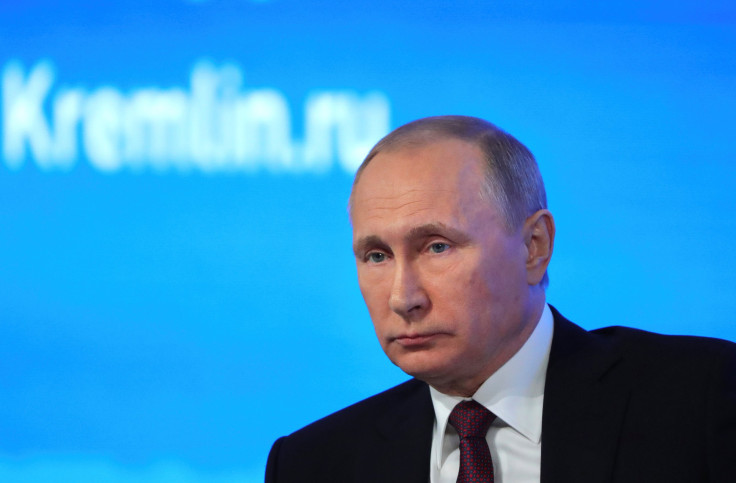Russian Human Rights Update: Kremlin Has Blocked 1,200 Websites, Including LinkedIn And Pornhub

Russian authorities blocked some of the most popular websites in the world in the last year, including LinkedIn and Pornhub. Now Russian officials are claiming to have blocked 1,200 websites since 2014, the Moscow Times reported Thursday.
Russia's Prosecutor General Yury Chaika said law enforcement also forced 20,000 sites to delete "prohibited information." Chaika distributed the censorship statistics as part of the 295th anniversary of the Russian Prosecution Service. Russian President Vladimir Putin took part in a commemoration ceremony for the service Wednesday.
Russia may be looking to increase it's ability to censor the internet by looking to China and its "Great Firewall." Russian and Chinese officials had a series of high-level meetings in Beijing and Moscow in 2016 to discuss censoring the Internet in times of crisis and developing strategies that would mitigate the ability of protesters to disseminate "dangerous ideas," the Guardian reported.
In 2016, Russian parliament passed a censorship legislation package known as "Yarovaya Laws," which NSA leaker Edward Snowden, who is in exile in Russia, called the "Big Brother law." The laws, which were written after the Islamic State group bombed a Russian passenger jet over Egypt, give the government new abilities to regulate Internet activity. Communications providers must now store user data for at least six months and provide access to law enforcement. The law also lets the government demand keys to encrypted traffic.
There are several agencies in Russia that regulate the internet according to Advox, a global anti-censorship network.
"Roscomnadzor is in charge of finding illegal pornographic content online, the Federal Drug Control Service reports content about illegal drug distribution and propaganda, the Federal Service for Supervision of Consumer Rights and Human Welfare can ban information containing propaganda of suicide or otherwise harmful to children, and the Federal Tax Service is responsible for blocking gambling-related content," Advox explained in a March 2016 article. "Finally, the General Prosecutor's Office can ban what it deems to be 'extremist materials' online."
A November 2016 poll found that most Russians favored Internet censorship, the Washington Post reported. Sixty percent of Russians support banning certain websites and material, with just 25 percent of poll respondents opposing Internet censorship.
© Copyright IBTimes 2024. All rights reserved.





















